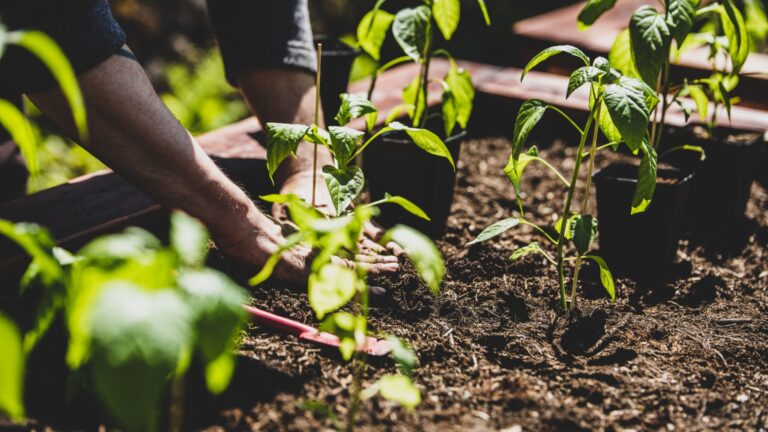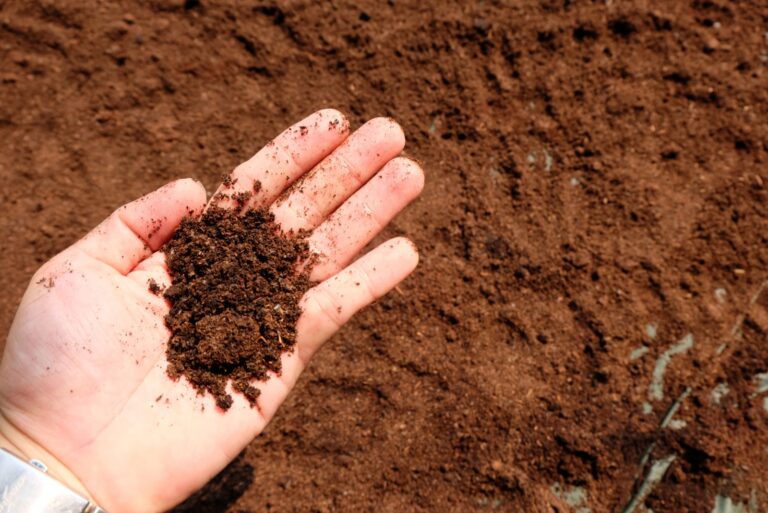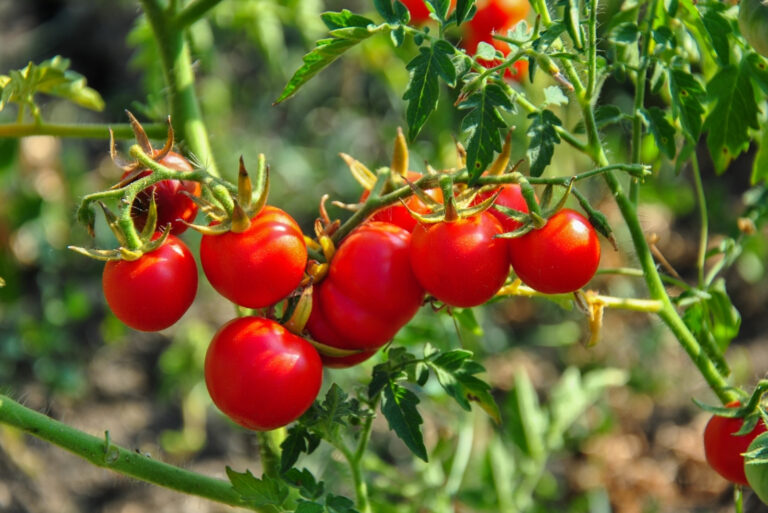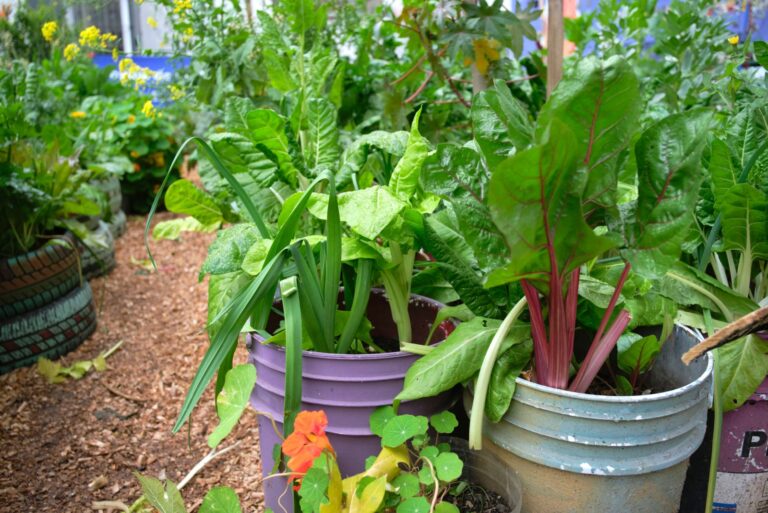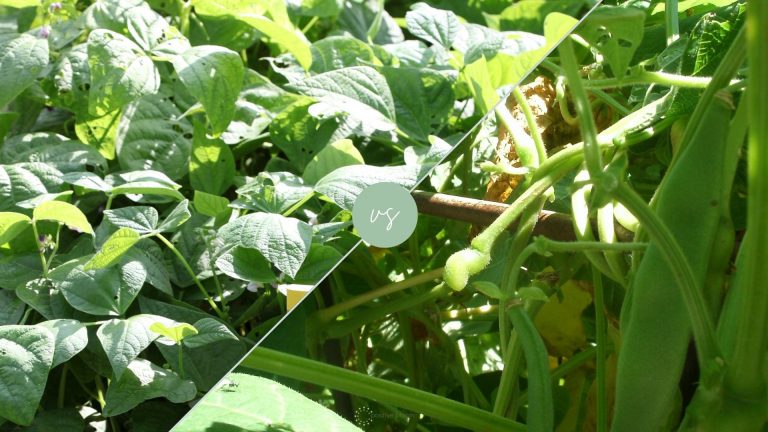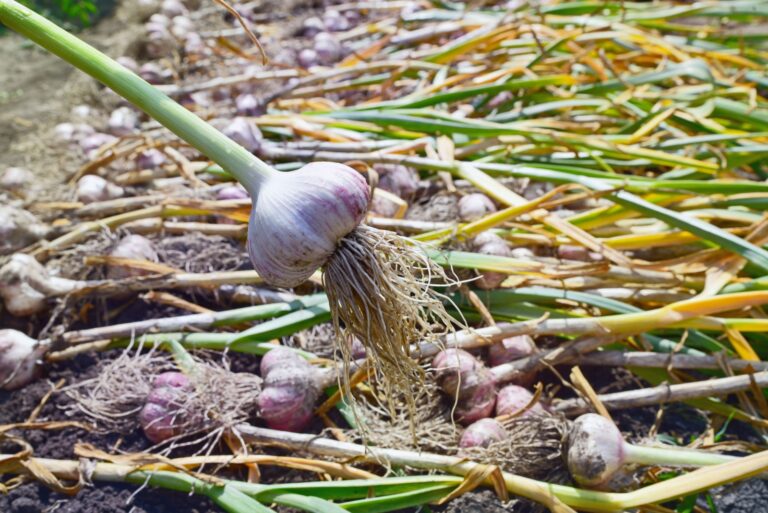10 Vegetables You Can Grow In Buckets All Year Round In Arkansas
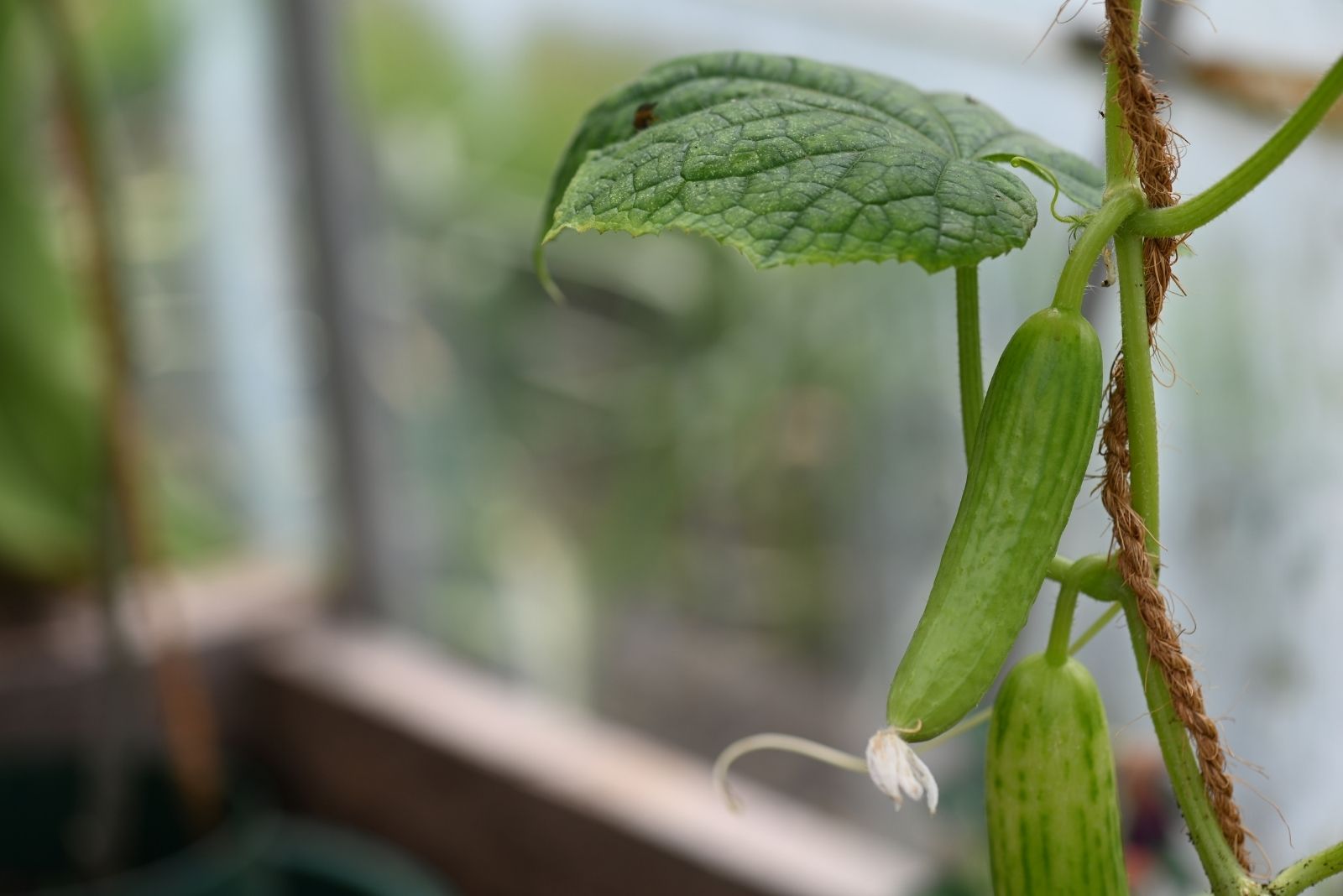
You don’t need a big backyard or fancy gear to grow your own veggies in Arkansas. A few five-gallon buckets on the porch or patio can do the trick. Thanks to the state’s mild winters and warm summers, container gardening works year-round.
It’s a simple way to enjoy fresh produce no matter the season. I’ve found that with the right soil and a little sunlight, these buckets can grow everything from tomatoes to herbs. It’s easy, rewarding, and perfect for small spaces.
1. Lettuce
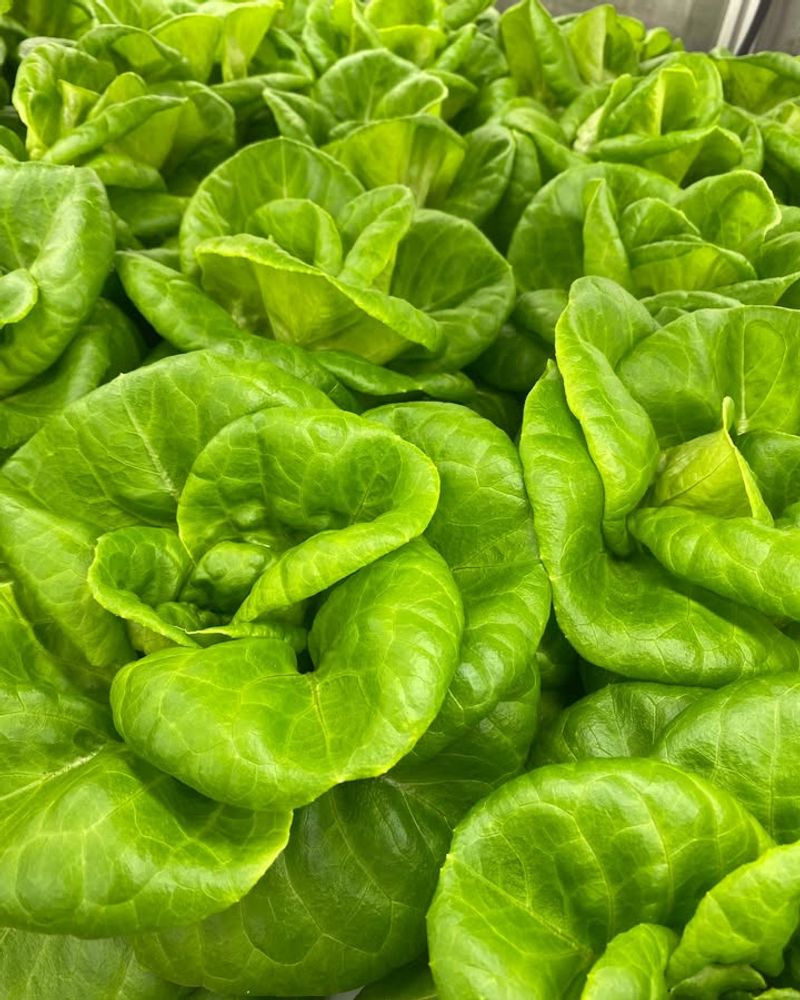
Cool-season greens like lettuce thrive in buckets during Arkansas fall and spring months. You can harvest leaves continuously by picking outer ones first, letting the center keep producing.
During hot summers, move your bucket to a shadier spot or grow heat-tolerant varieties. Lettuce needs consistent moisture, so check the soil daily.
A five-gallon bucket can hold multiple lettuce plants, giving you fresh salads for weeks. Drainage holes are essential to prevent root rot.
2. Tomatoes
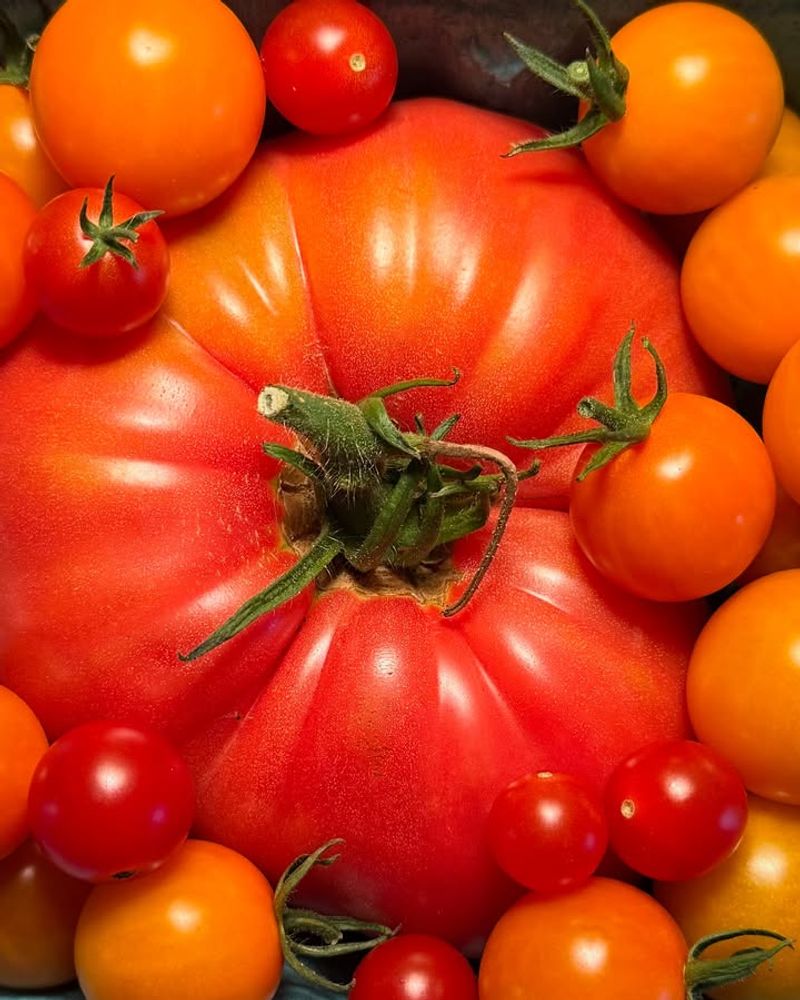
Nothing beats homegrown tomatoes, and buckets make perfect homes for these popular plants. Choose determinate varieties for easier management, or use cages to support larger indeterminate types that keep producing.
Arkansas summers provide ideal warmth for tomatoes to flourish. Water deeply but infrequently to encourage strong root development.
Add calcium to prevent blossom end rot, a common bucket-growing issue. With proper care, one plant yields dozens of juicy tomatoes throughout the growing season.
3. Peppers
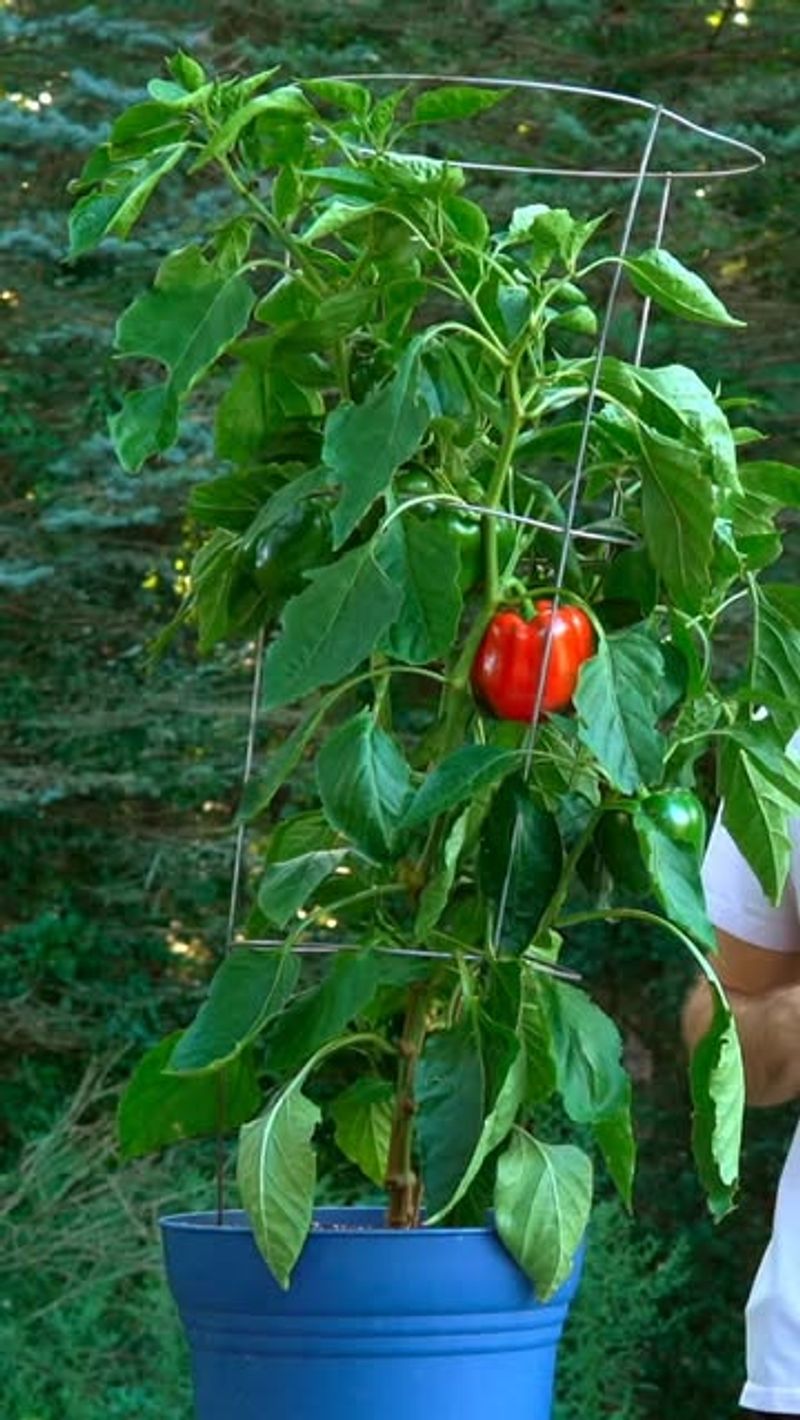
Both sweet bell peppers and spicy varieties adapt wonderfully to bucket life. These heat-loving plants produce abundantly in Arkansas’s long, warm growing season, often fruiting until the first frost.
Peppers appreciate consistent watering but hate soggy roots, making well-draining buckets ideal. Pinch off early blooms to encourage stronger plant establishment.
A single plant can provide enough peppers for cooking and preserving. Compact varieties work best, though standard sizes also succeed with adequate space and support.
4. Spinach
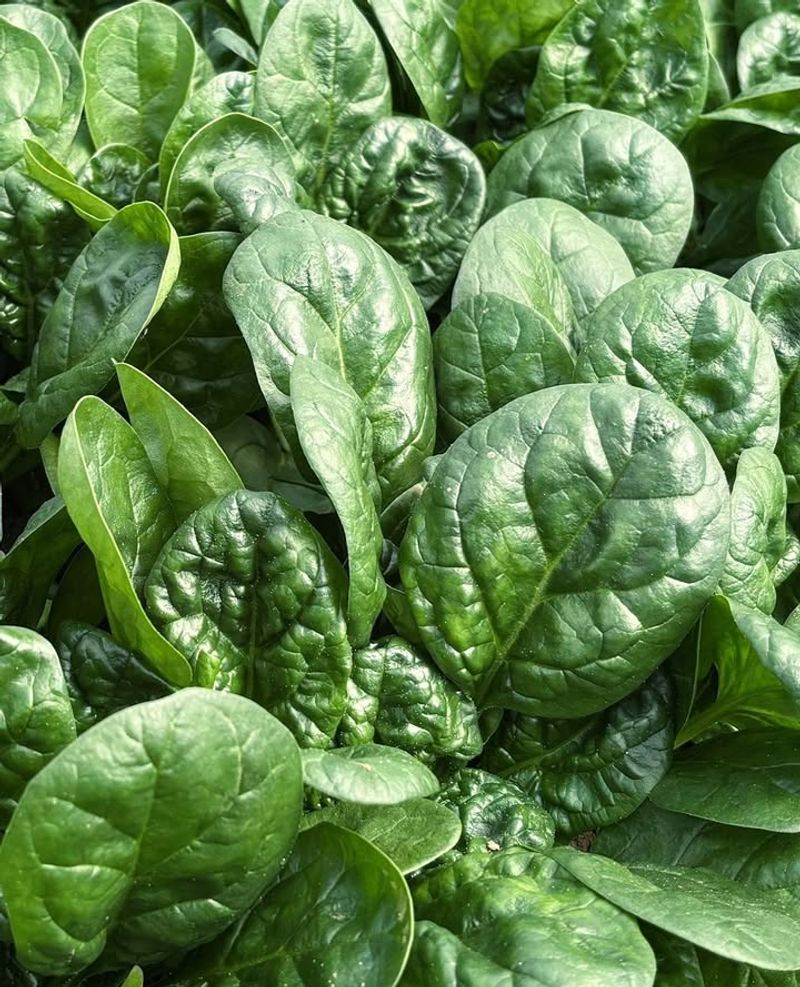
Spinach loves Arkansas’s cooler months, making it perfect for fall through spring bucket gardening. Plant seeds directly in your container about six weeks before the last frost date.
This nutrient-packed green grows quickly, often ready to harvest in just 40 days. Pick outer leaves regularly to extend your harvest period.
When temperatures climb above 75 degrees, spinach tends to bolt and turn bitter. Plan successive plantings every two weeks for continuous harvests during cool seasons.
5. Radishes
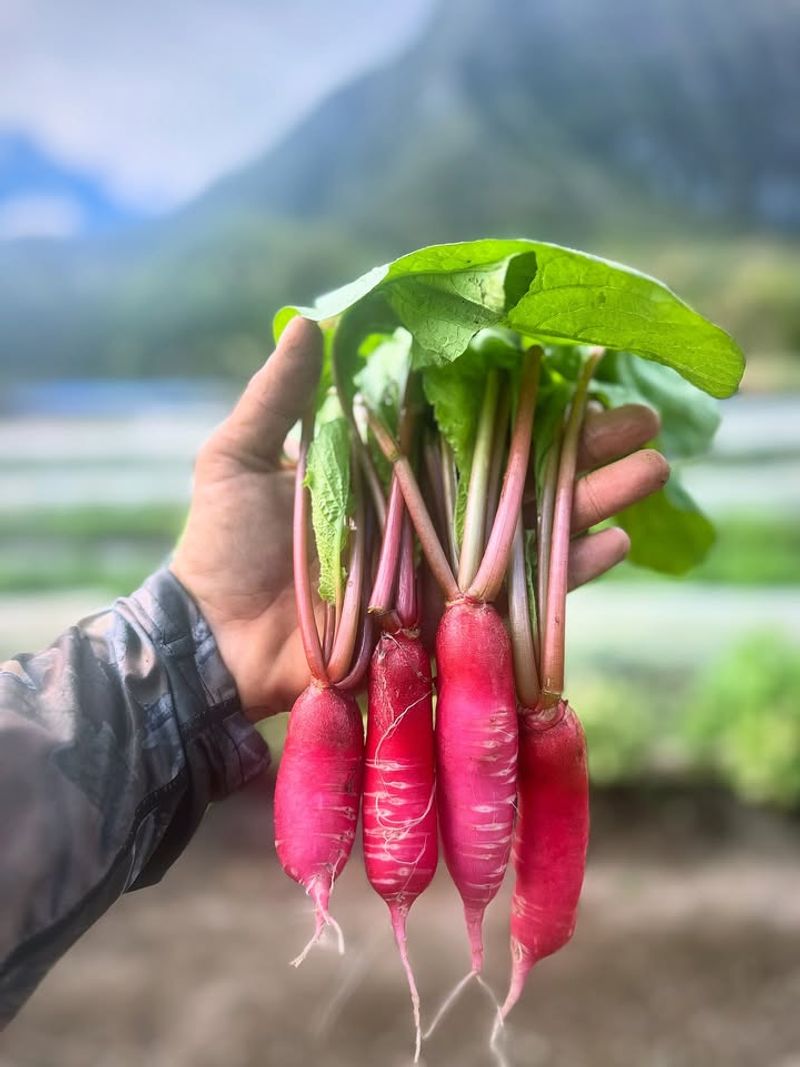
Radishes are among the fastest vegetables you can grow, ready to eat in just three to four weeks. Kids especially love watching these speedy growers develop from seeds to crunchy snacks.
Plant them in early spring or fall when Arkansas temperatures stay moderate. Space seeds about an inch apart for best root development.
Buckets provide excellent depth for radish roots to expand properly. Try different varieties like French breakfast or watermelon radishes for exciting flavor adventures beyond the standard red globe.
6. Green Beans
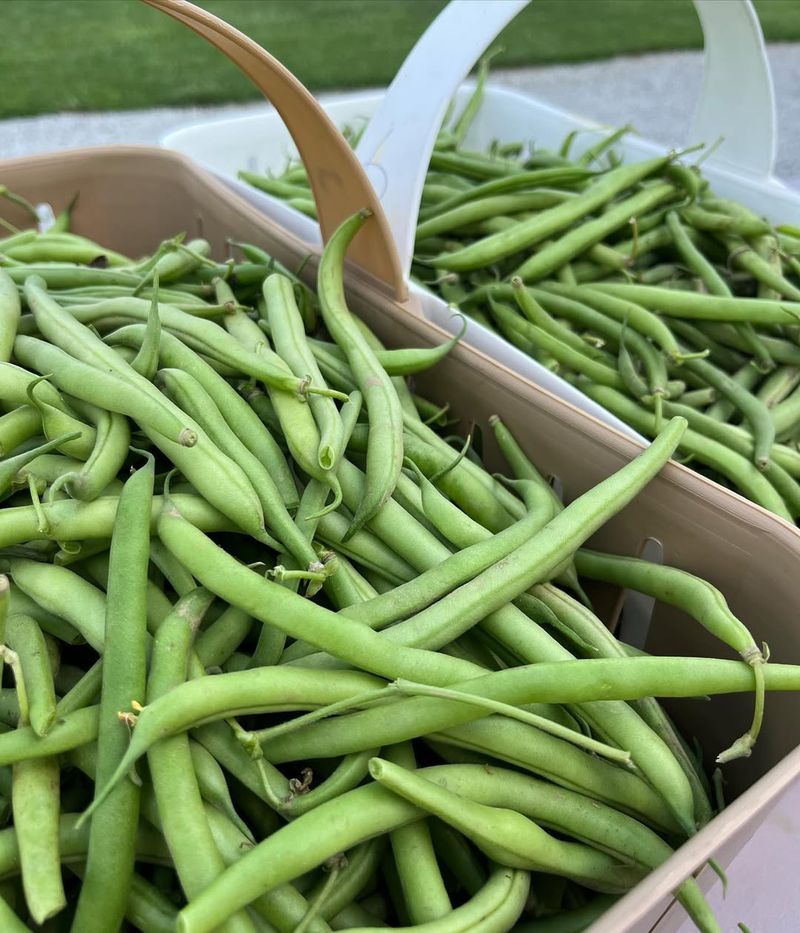
Bush bean varieties fit perfectly in buckets without requiring elaborate support systems. Plant seeds after Arkansas’s last spring frost when soil temperatures reach at least 60 degrees.
Each bucket can hold four to six plants, producing generous harvests throughout summer. Beans fix nitrogen in soil, actually improving your potting mix for future plantings.
Pick pods regularly to encourage continued production. Water at the base rather than overhead to prevent fungal diseases that sometimes affect beans in humid Arkansas summers.
7. Carrots
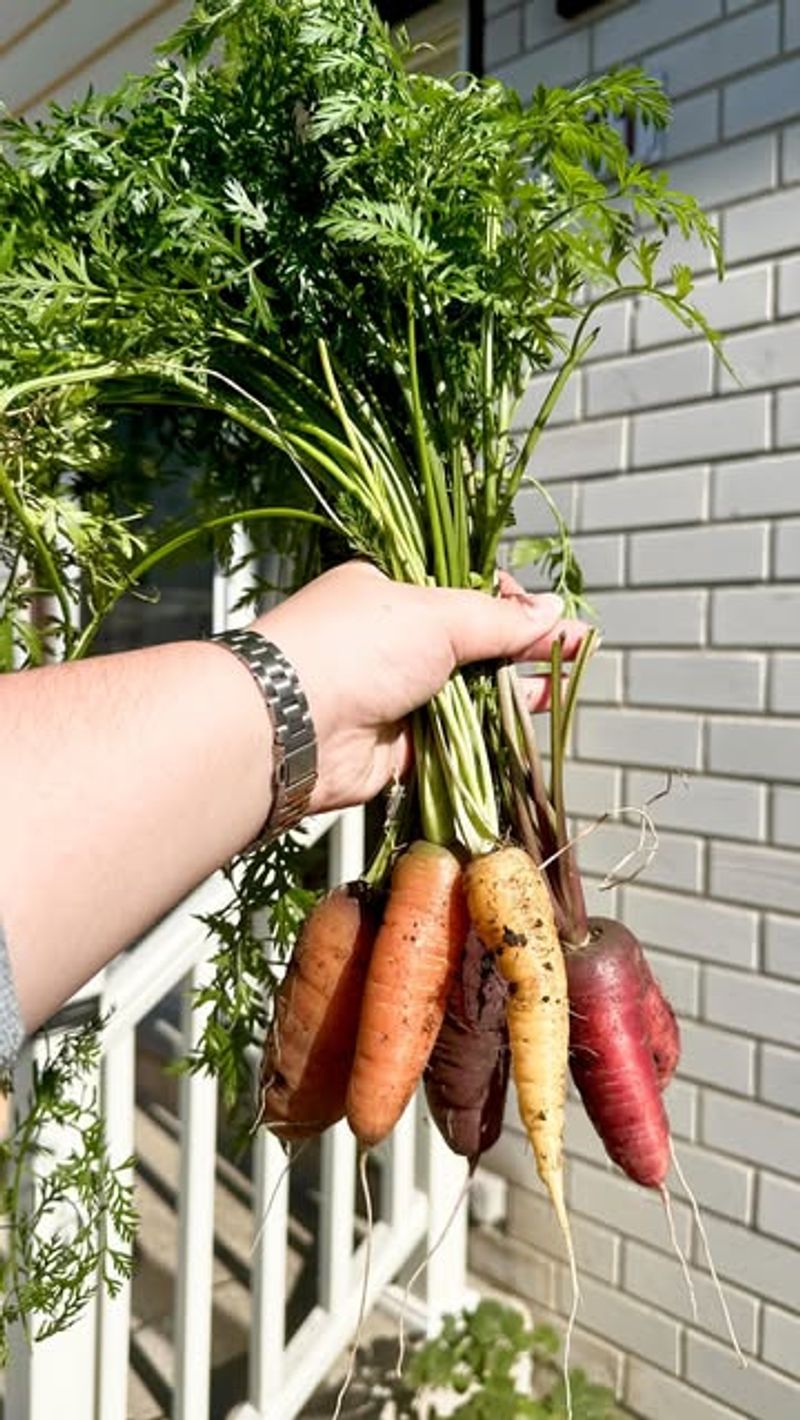
Deep buckets give carrots the room they need to develop long, straight roots. Choose shorter varieties like Chantenay or Paris Market if using shallower containers.
Loose, rock-free potting soil prevents forked or twisted carrots that sometimes result from garden soil obstacles. Sow seeds directly since carrots dislike transplanting.
Thin seedlings to two inches apart once they sprout. Arkansas gardeners can grow carrots in spring and fall, enjoying sweet, crunchy harvests when temperatures stay moderate and comfortable.
8. Kale
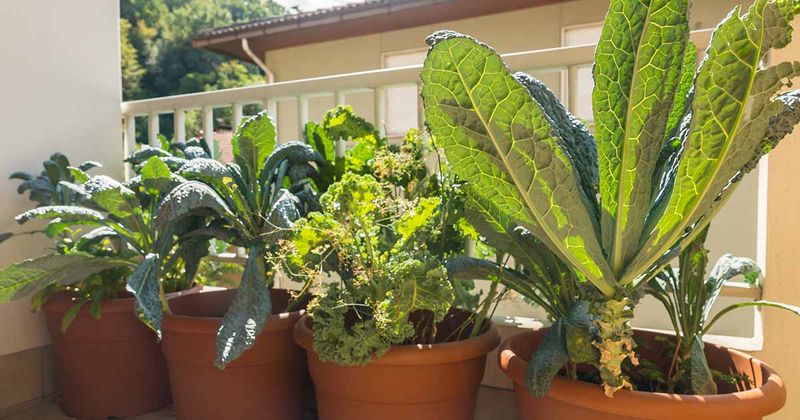
Kale has become a superfood favorite, and it grows exceptionally well in Arkansas bucket gardens. This hardy green actually tastes sweeter after experiencing light frosts.
Plant in late summer for fall and winter harvests, or start in early spring. One plant produces abundantly, providing leaves for months of smoothies, salads, and cooked dishes.
Harvest lower leaves first, allowing the plant to keep growing upward. Kale tolerates both cold and heat better than many greens, though it prefers cooler Arkansas weather.
9. Cucumbers
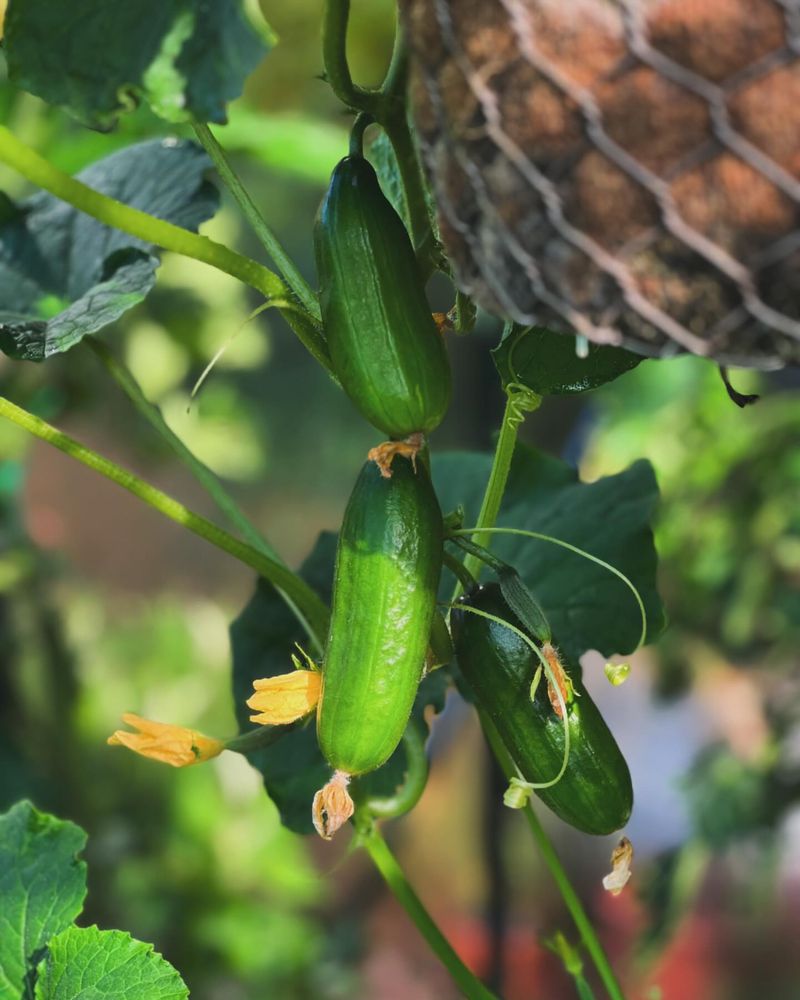
Vining cucumbers need vertical support, but bush varieties thrive in buckets without extra structures. Arkansas’s hot summers create perfect conditions for these water-loving plants.
Each bucket should contain just one or two plants to prevent overcrowding. Consistent watering prevents bitter-tasting cucumbers and keeps production steady.
Harvest cucumbers when they reach the appropriate size for their variety. Check plants daily during peak season, as cucumbers grow incredibly fast and can become oversized and seedy within days.
10. Swiss Chard
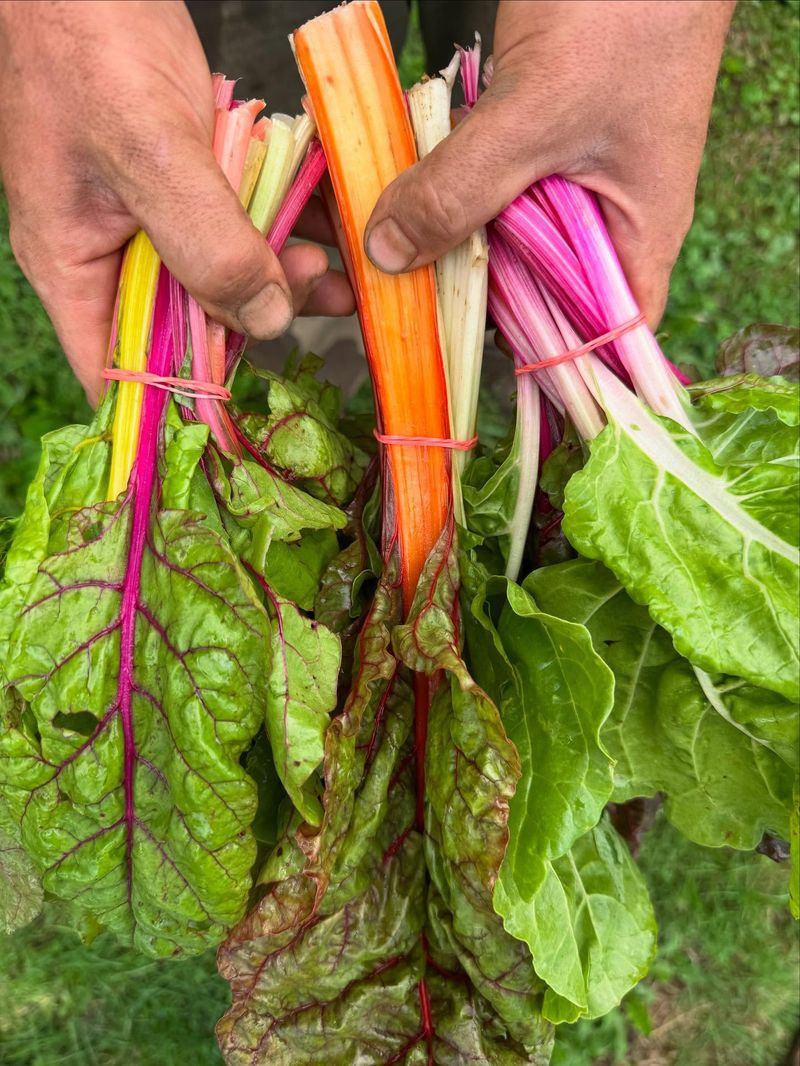
Rainbow chard adds stunning color to your bucket garden while providing nutritious greens almost year-round in Arkansas. Both leaves and colorful stems are edible and delicious.
This hardy vegetable tolerates heat better than spinach and survives mild Arkansas winters. Cut outer leaves at the base, leaving the center to continue producing.
A single plant keeps giving for months with proper care. Chard rarely suffers from pests and diseases, making it ideal for beginning container gardeners seeking reliable, low-maintenance vegetables.

